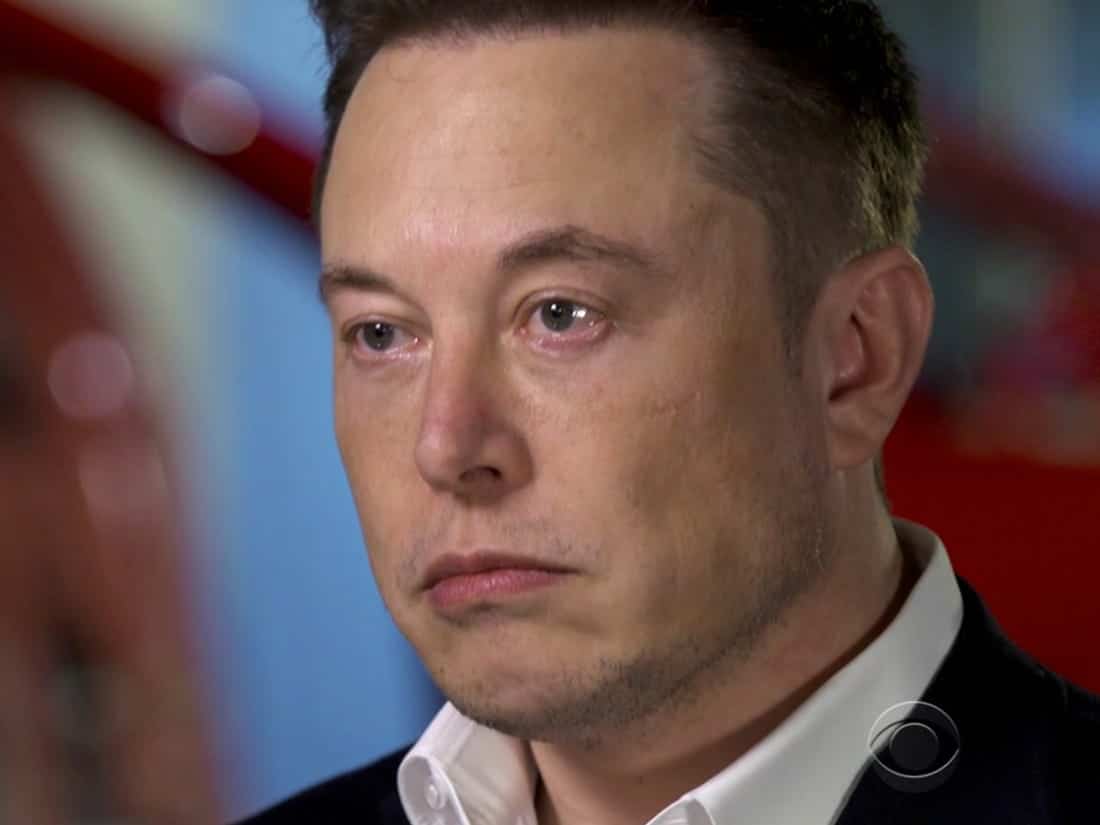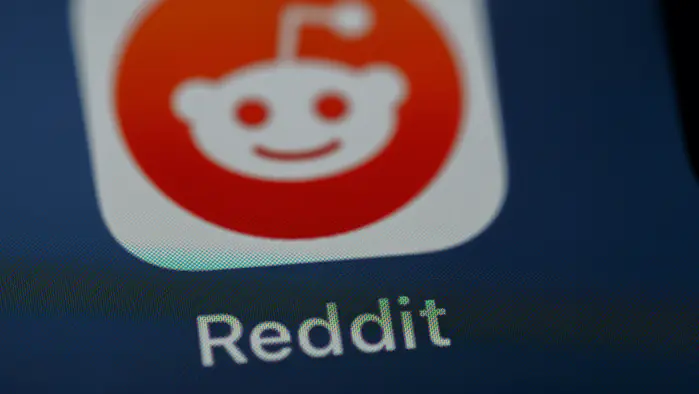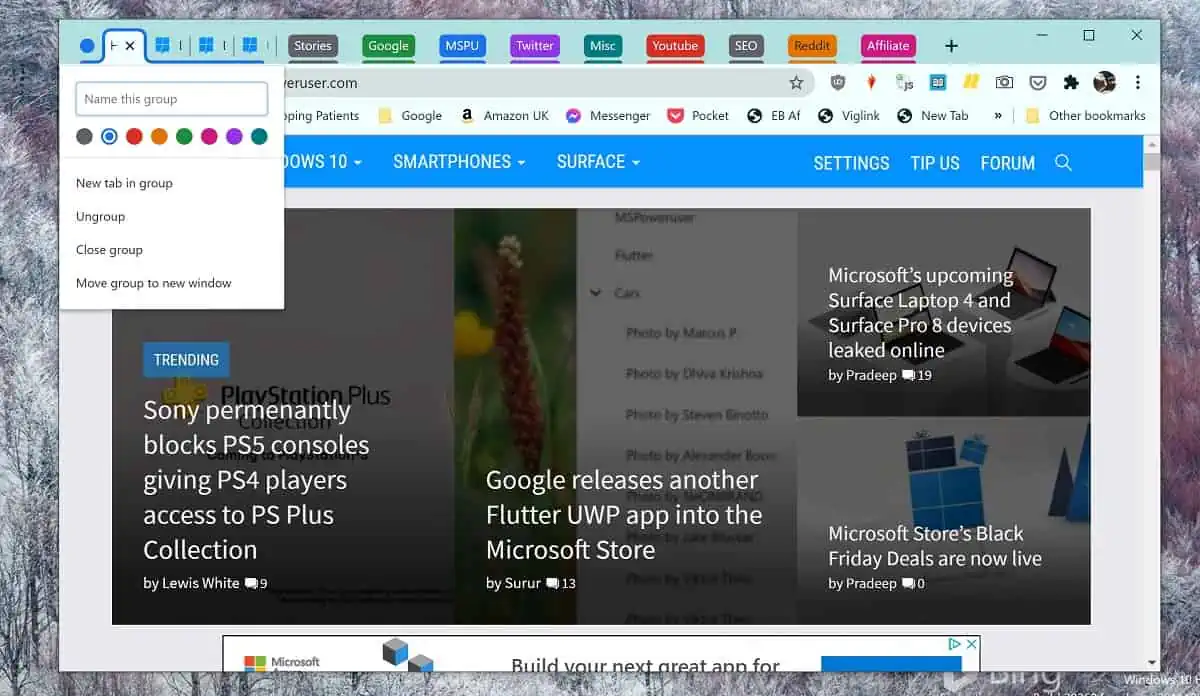Elon Musk accused Microsoft of "capturing OpenAI"
2 min. read
Updated on
Read our disclosure page to find out how can you help MSPoweruser sustain the editorial team Read more

We reported a few days ago that Microsoft has exclusively licensed OpenAI’s GPT-3 (Generative Pretrained Transformer 3) groundbreaking autoregressive language model.
While Microsoft was very happy with the deal it seems Elon Musk, one of the founders of OpenAI, was not.
This does seem like the opposite of open. OpenAI is essentially captured by Microsoft.
— Elon Musk (@elonmusk) September 24, 2020
He tweeted that the “exclusive license” seemed the “opposite of open” and that “OpenAI was essentially captured by Microsoft.”
Of course, much comes down to what exactly it was that Microsoft exclusively licensed.
In their press release, Microsoft made it clear that OpenAI will still be able to sell access to GPT-3 via its API, as it has always intended, and will be able to continue to develop new models.
OpenAI told the Verge, “the deal has no impact on continued access to the GPT-3 model through OpenAI’s API, and existing and future users of it will continue building applications with our API as usual.”
What Microsoft gained was access to the source code and the ability to modify it. Microsoft told the Verge that its exclusive license gives it unique access to the underlying code of GPT-3, which contains technical advancements it hopes to integrate into its products and services.
Of course, Musk might have hoped OpenAI would release the GPT-3 code for free to all, but this was something OpenAI never intended, noting that the technology was too open to abuse to allow unmonitored access. OpenAI will be monitoring the use of its API and will cut off those who use it in unintended and harmful ways, such as creating bots that spam political messages. Microsoft can presumably be trusted not to do this.
Speaking of their own plans, Microsoft’s Kevin Scott, Executive Vice President and Chief Technology Officer, noted that the technology could be “…directly aiding human creativity and ingenuity in areas like writing and composition, describing and summarizing large blocks of long-form data (including code), converting natural language to another language – the possibilities are limited only by the ideas and scenarios that we bring to the table.”
So essentially Clippy 2.0, and that of course is nothing to fear.
via BusinessInsider.









User forum
0 messages